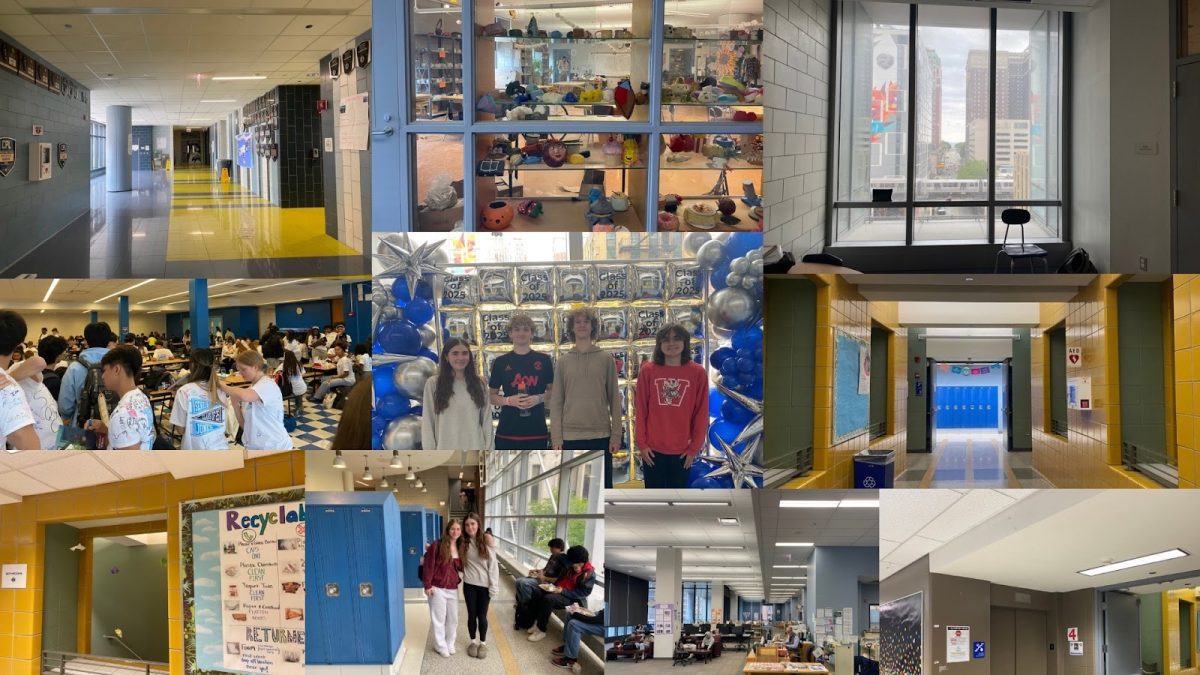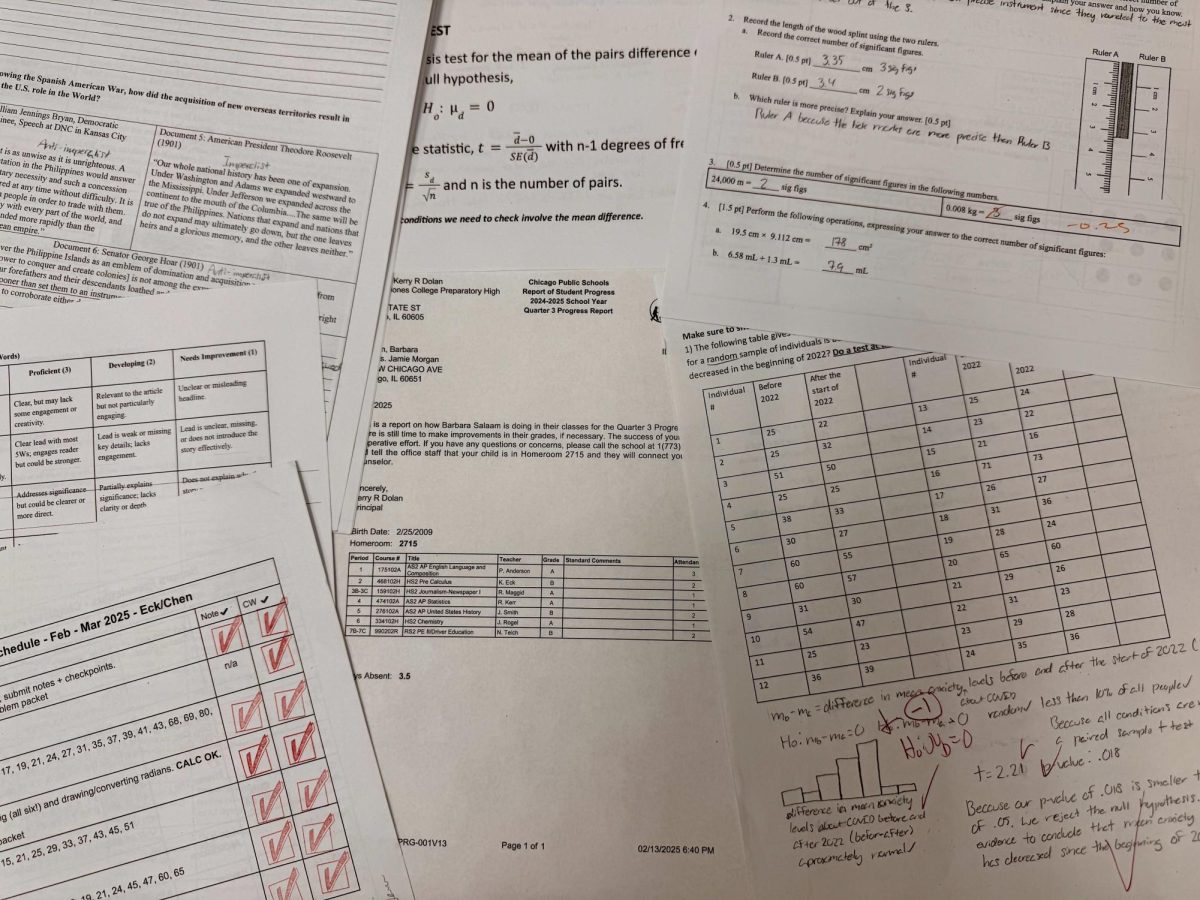Since April 2, 2025, the United States population has been plunged into a terrifying economic limbo. Starting with the announcement of ‘reciprocal tariffs’, a baseline import tax of 10% for all countries yet ranging up to 50%, this quickly spiraled into a far more drastic situation. The tariffs were enacted on a Wednesday – by Thursday, the stock market had plummeted. The Dow Jones Industrial Average dropped 2.5%, while all three major US stock indexes fell by more than 5%. However, on April 9, Trump pulled back on the higher tariffs, extending the start date for 90 days while retaining the 10% tax along with raising China’s tax to 104%. Confused and angered by these shocking changes, Americans responded by being split into two ideologies: those who warned of a potential recession (perhaps even a depression) looming in the near future, and those who insisted that the economic instability was going to be difficult for a bit yet worth it long-run. While it cannot be said that the enactment of the tariffs will lead to the point of a depression for certain, it will undoubtedly lead to great economic turmoil, hitting the middle and working class the hardest.
The ‘reciprocal tariffs’ will raise prices for everyone, exacerbating the effects of the intense inflation that Americans are already experiencing. Currently, the inflation rate is 2.4%, down from February’s 2.8% yet still high overall, with food prices being affected the most. However, due to the sheer amount of products that come from different countries, with imports making up 15.59% of the United States’ Gross Domestic Product (GDP), simply affording goods will be far more difficult than before. JPMorgan analysts state that the tariff hike will essentially be equivalent to a US tax increase of around $660 billion.
Furthermore, the extreme drop in the stock market after a single day of the tariffs called into question the possibility of a recession. A recession is defined as two-quarters of negative growth in a country’s GDP. As of mid-April, there has not been negative growth; however, the economy has stalled, growing only 0.8% this month as opposed to the predicted 1.7%. Marc Giannoni, an economist featured on USA Today, “figures the nation will experience a mild recession the second half of the year, with gross domestic product falling 1.5%, net job losses of less than 100,000 and the 4.2% unemployment rate peaking at 4.7%.” This will undoubtedly have severe consequences for those without the safety blanket that a high net worth affords.
Historically, recessions and economic downturns create mass job losses, bankruptcies, and extreme financial difficulties for many people. In turn, that often generates stress and affects mental health. A study from the National Library of Medicine shows that during economic recessions, depression, anxiety, and suicide rates skyrocket, both due to stress that occurs during the event as well as a lack of support due to underfunded systems. The potential recession resulting from Trump’s reciprocal tariffs would prove to be detrimental to not only people’s finances, but their own lives.
The reciprocal tariffs came out of a pursuit to ‘improve’ fairness in global trade, or in Trump’s inflammatory words, “not be held hostage by other Countries, especially hostile trading Nations like China, which will do everything within its power to disrespect the American People”. While initially stating that the tariffs would do no harm, in the last few days, Americans have seen the effects they have already triggered; how is the economist-supported possibility of a recession going to “make America great again”?



